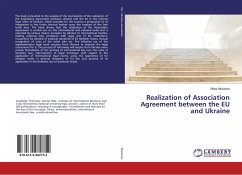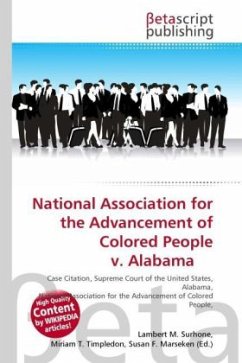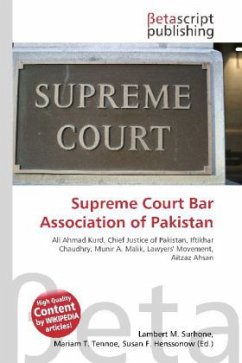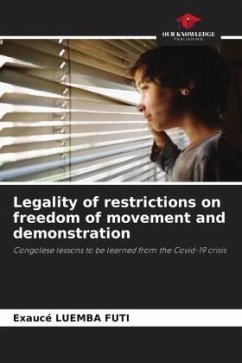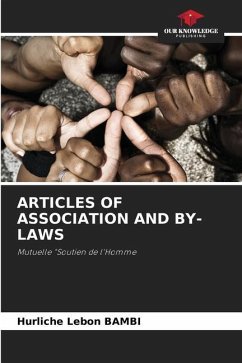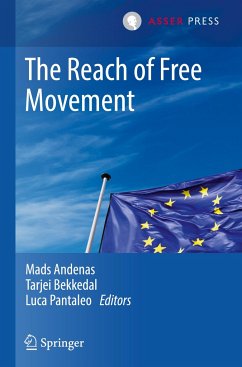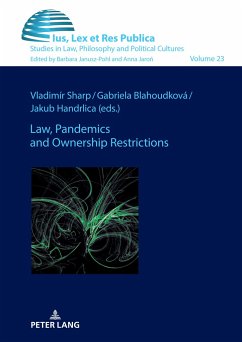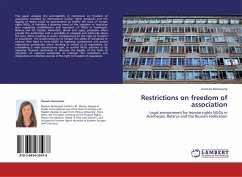
Restrictions on freedom of association
Legal environment for human rights NGOs in Azerbaijan, Belarus and the Russian Federation
Versandkostenfrei!
Versandfertig in 6-10 Tagen
32,99 €
inkl. MwSt.

PAYBACK Punkte
16 °P sammeln!
This paper analyzes the permissibility of restrictions on freedom of association provided by international human rights standards and the legality of means taken by governments to restrict the work of human rights NGOs. It identifies a growing trend of the adoption of restrictive laws regulating establishment and operation of NGOs in Azerbaijan, Belarus and the Russian Federation. Broad and vague provisions often provide the authorities with a possibility to misapply and arbitrarily abuse the laws, often resulting in severe consequences on the right to freedom of association. The Governments t...
This paper analyzes the permissibility of restrictions on freedom of association provided by international human rights standards and the legality of means taken by governments to restrict the work of human rights NGOs. It identifies a growing trend of the adoption of restrictive laws regulating establishment and operation of NGOs in Azerbaijan, Belarus and the Russian Federation. Broad and vague provisions often provide the authorities with a possibility to misapply and arbitrarily abuse the laws, often resulting in severe consequences on the right to freedom of association. The Governments try to hamper the ability of individuals to exercise their right to form NGOs, by imposing cumbersome and partial registration procedures, often resulting in refusal of its registration, by establishing a wide discretionary right to control NGOs activities or by imposing financial constraints. It discusses the legality of the limits of discretion of national authorities to interpret the restrictions and implications on effective exercise of the right to freedom of association.



